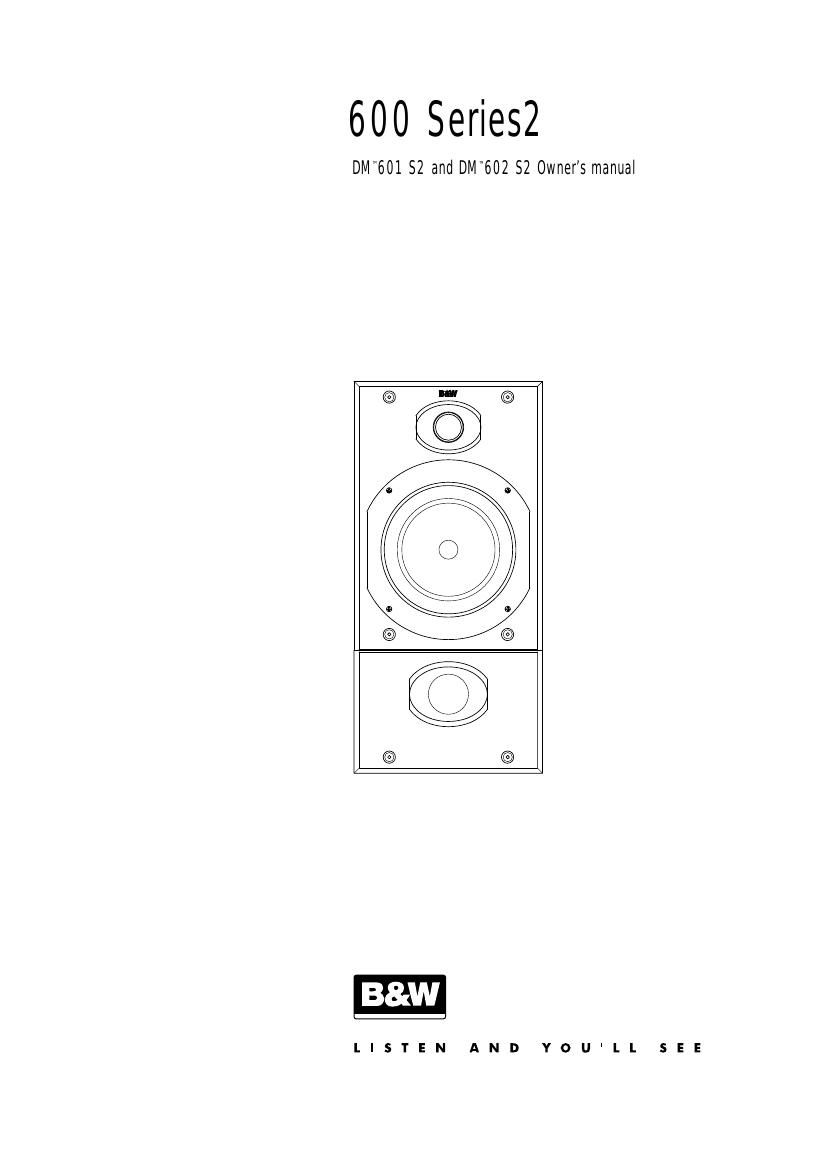BowersWilkins DM 602 S2 Owners Manual
This is the 20 pages manual for BowersWilkins DM 602 S2 Owners Manual.
Read or download the pdf for free. If you want to contribute, please upload pdfs to audioservicemanuals.wetransfer.com.
Page: 1 / 20
